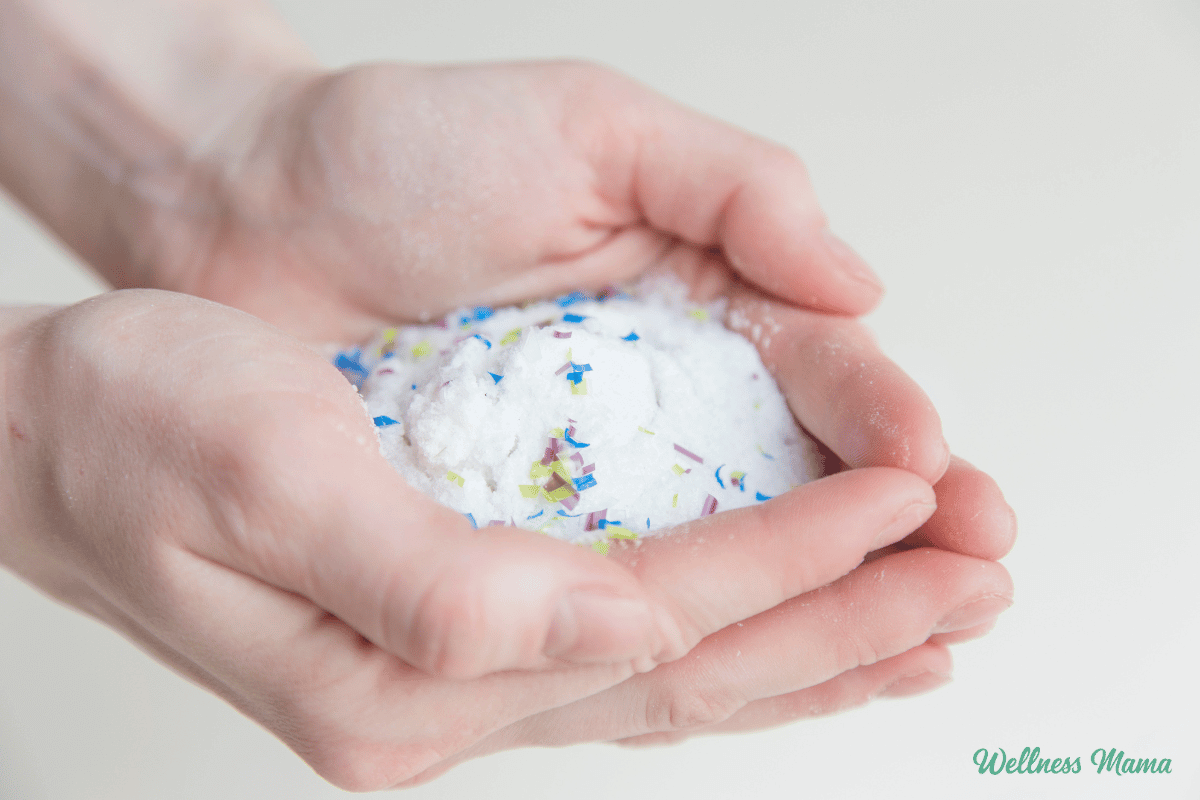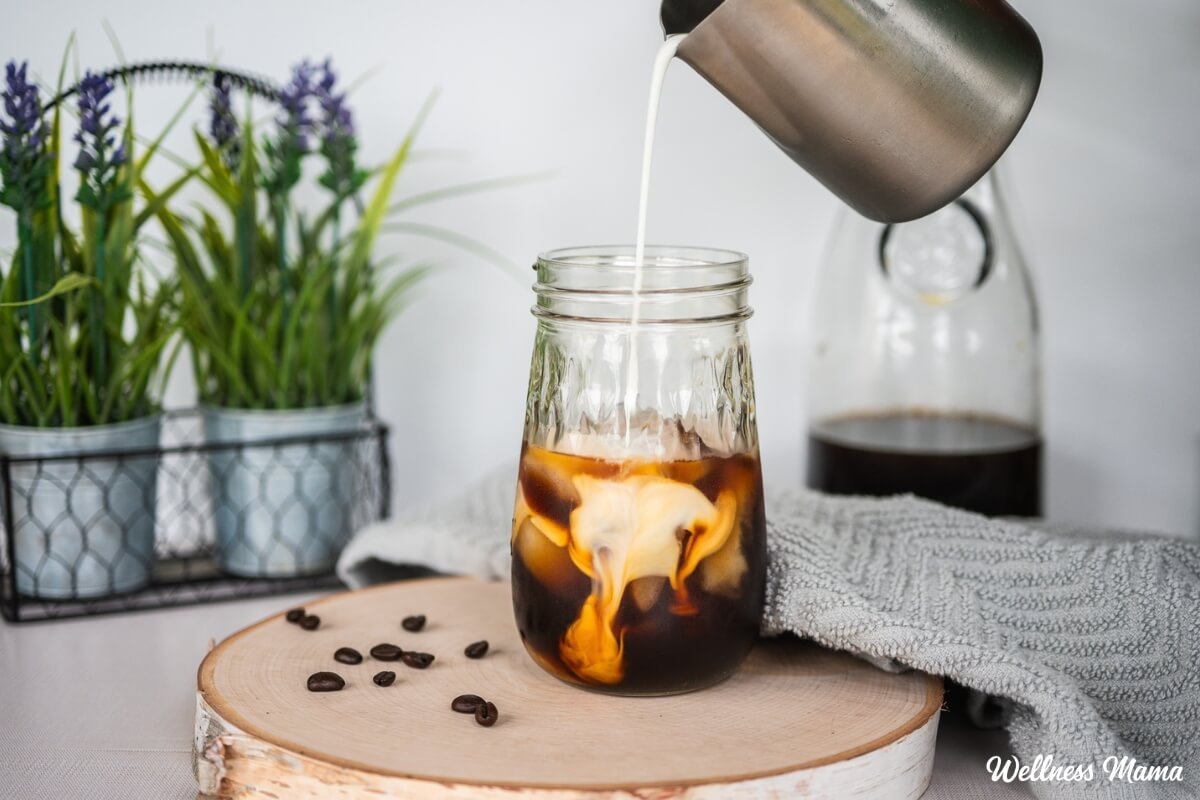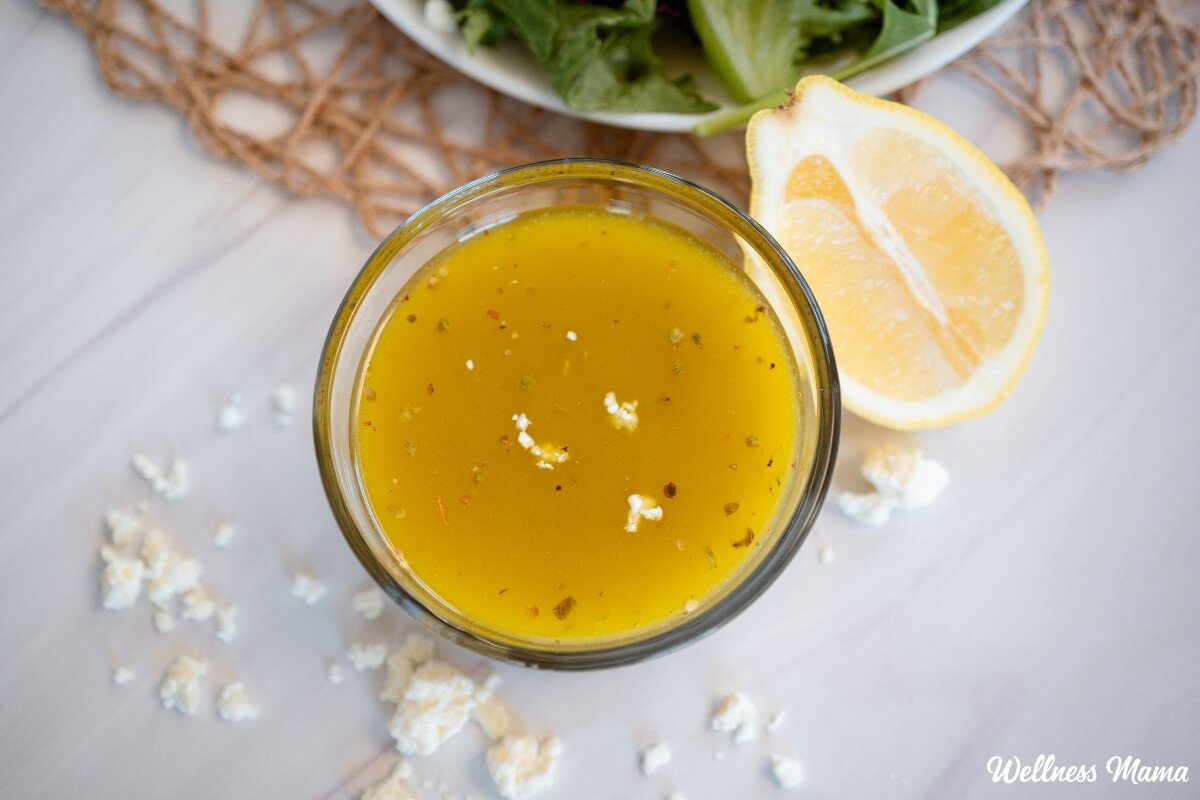If you’ve ever experienced a sinus infection, you’re well aware of how uncomfortable it can be. The congestion, persistent pressure, and difficulty in breathing can leave anyone feeling exhausted. While medical treatments can sometimes be necessary, there are natural remedies that may provide relief. Here are some home-based solutions that can support sinus infections.
Understanding Sinus Infections
A sinus infection, also known as sinusitis, results from inflammation or infection in the bones surrounding the nose and eyes. These cavities, lined with mucus, help trap and eliminate foreign particles and bacteria from the nasal passages. However, if they become inflamed or infected, they can cause uncomfortable symptoms.
Different types of sinusitis include:
- Acute Sinusitis: This is a short-lived sinus infection, typically lasting less than four weeks. It often arises from a viral infection such as the common cold, but can sometimes be caused by bacteria.
- Subacute Sinusitis: Persisting for about four to eight weeks, subacute sinusitis is resistant to treatment and often follows an unresolved acute infection or stems from other underlying causes.
- Chronic Sinusitis: This type lasts for eight weeks or more, frequently leading to enduring symptoms like nasal congestion, facial pain, postnasal drip, and a diminished sense of taste or smell.
- Recurrent Sinusitis: Involves three or more episodes of acute sinusitis within a year, with symptom-free breaks between occurrences.
Symptoms often worsen, prompting individuals to seek help from their primary care physician, who may then refer them to an ear, nose, and throat specialist.
Recognizing Sinus Infection Symptoms
Symptoms of sinusitis can vary based on the type and cause. Common signs include:
- Nasal congestion (stuffiness)
- Postnasal drip
- Sore throat
- Facial pain or pressure
- Sinus congestion and pressure
- Sinus headache and pain
- Ear pressure or fullness
- Tooth pain and bad breath
- Reduced sense of smell or taste
- Fatigue
- Low-grade fever
Causes of Sinus Infections
Sinus infections can arise from various factors, including infections, allergies, and structural issues in the nose and sinuses. Common causes are:
- Viral Infections: These are the leading cause of acute sinusitis. Conditions like the common cold or flu can lead to inflammation and congestion.
- Bacterial Infections: Less common, but possible if a viral infection remains untreated, the bacteria like Streptococcus pneumoniae and Haemophilus influenzae can cause sinusitis.
- Allergies: Allergens such as pollen, dust mites, mold, and animal dander often trigger allergic rhinitis, leading to inflammation and improper drainage, potentially resulting in chronic sinusitis.
- Nasal Polyps: Noncancerous growths in the nose can block passages, leading to chronic sinusitis, often associated with allergies and recurrent infections.
- Deviated Septum: Misalignment in the partition dividing the nasal passages can obstruct drainage and raise infection risks.
- Gastroesophageal Reflux Disease (GERD): This condition allows stomach acid to irritate the throat and nasal passages, increasing the risk of sinusitis.
- Tooth Infections: Infections in teeth can spread to the sinuses, causing sinusitis.
- Waterborne Pathogens: Activities like swimming or diving can introduce pathogens into the nasal passages, leading to what’s known as "swimmer’s sinusitis."
Certain conditions weakening the immune system, like HIV/AIDS or immunosuppressive medication, heighten susceptibility to sinus infections.
Conventional Treatment Options
Treatment varies depending on the sinusitis type and duration. Typically, options for sinusitis include:
- Acute Sinusitis: Often self-resolving, but sometimes antibiotics or steroids are prescribed for chronic cases. Over-the-counter medications are also common for symptom relief, such as nasal decongestants like antihistamines, pain relievers like ibuprofen, acetaminophen, and saline nasal sprays.
In some situations, surgery might be necessary to correct structural issues, removing obstructions like nasal polyps or a deviated septum that block nasal passages.
Natural Remedies for Sinus Infections
You can explore several research-backed natural remedies to aid recovery. Consider these simultaneously for optimal benefit:
Saline Nasal Rinse
Also called nasal irrigation, this practice involves a saltwater solution to clear out allergens, irritants, and contributing agents. The salt soothes irritated sinus tissues and removes thick mucus, reducing congestion and improving breathing. Regular rinsing during cold and flu season can be preventative.
Studies confirm saline nasal rinses can relieve symptoms and enhance life quality for sinusitis sufferers. Preparing a saline solution can be done at home with salt, baking soda, and warm water, using lids like a squeeze bottle or Neti Pot. Some also add colloidal silver or herbal teas for added benefits.
Precautions: Use sterile water to avoid brain-proximity risks like parasites or, in rare cases, bacterial meningitis.
Nasal Spray
Saline nasal sprays soothe dry passages and relieve symptoms, and are accessible over the counter. Some sprays, like colloidal silver, could disrupt bacterial biofilms that form during infections.
Precautions: Choose quality colloidal silver products; some on the market may be ineffective or contaminated.
Xylitol Nasal Spray
Xylitol, a sugar substitute, might assist in managing or preventing infections. It seems to help in reducing bacteria adhesion, hindering biofilm formation, and assisting those with chronic sinusitis.
Steam Inhalation
Steam inhalation may offer congestion relief and reduced pressure in cases of acute sinusitis. For added effect, include oils like eucalyptus or peppermint or herbs like peppermint and cinnamon. A humidifier can maintain beneficial moisture levels.
Precautions: Use caution with hot water to prevent burns. Avoid strong essential oil use with young children.
Essential Oils
Essential oils can alleviate sinus symptoms and fight microbial agents. Popular choices include:
- Eucalyptus Oil: Alleviates nasal congestion through its decongestant properties.
- Peppermint Oil: Contains menthol, providing relief for airways.
- Tea Tree Oil: Offers antibacterial benefits.
- Cedarwood Oil: Reduces sinus inflammation.
- Lemon Oil: Aids mucus thinning and drainage.
Methods include steam inhalation or using a diffuser. For topical application, mix oils with a carrier.
Precautions: Dilute essential oils with carrier oils before skin application to prevent irritation.
Warm Compress
A warm compress can alleviate sinus pain and pressure, soften mucus, and improve drainage.
Precautions: Ensure the compress is warm enough to avoid burns and maintain hygiene by using clean cloths.
Raw Honey
With its natural antimicrobial properties, raw honey can soothe throat irritation and aid recovery. Manuka honey, in particular, has shown efficacy against sinusitis.
Precautions: Use pure, high-quality honey for maximum benefits.
Turmeric & Ginger
Curcumin in turmeric and compounds in ginger provide anti-inflammatory and antimicrobial benefits. Consuming them can alleviate symptoms, but they might interact with medications.
Antimicrobial Herbs
Herbs like Houttuynia cordata and Andrographis are traditionally used for bacterial and viral applications and can benefit sinusitis conditions. Elderflower offers a gentle remedy option, reducing inflammation and improving drainage.
Supporting Remedies for Sinus Infections
Consider these adjunct solutions for relief and immune support:
Hydration
Ample fluid intake, including herbal teas and broth, can thin mucus and enhance overall well-being.
Probiotics
Probiotics may bolster immune support and alleviate sinus symptoms, with strains like Lactobacillus plantarum, Lactobacillus casei, and Lactobacillus paracasei being particularly relevant.
Homeopathy
This personalized approach uses remedies matching symptom profiles to alleviate conditions. Consulting trained homeopaths can yield best results.
Precautions: Optimal results are achieved under professional guidance.
Plenty of Rest
Adequate sleep is essential for immune effectiveness, as many vital defense mechanisms occur during rest.
Final Reflections on Sinus Infections
These natural approaches can alleviate symptoms and support healing, though they might not completely address the core infection. For severe or persistent symptoms, consult healthcare providers to ensure accurate diagnosis and effective treatment plans. Natural remedies represent valuable tools but always consider partnering with healthcare professionals when necessary.
Have you experienced sinus infections? What natural solutions worked for you? Share your experiences with us below!

















Leave a Reply